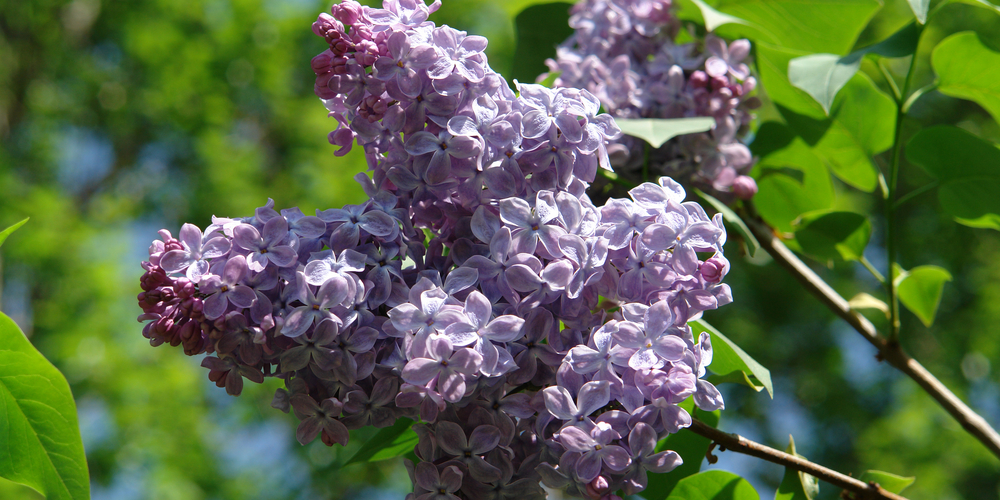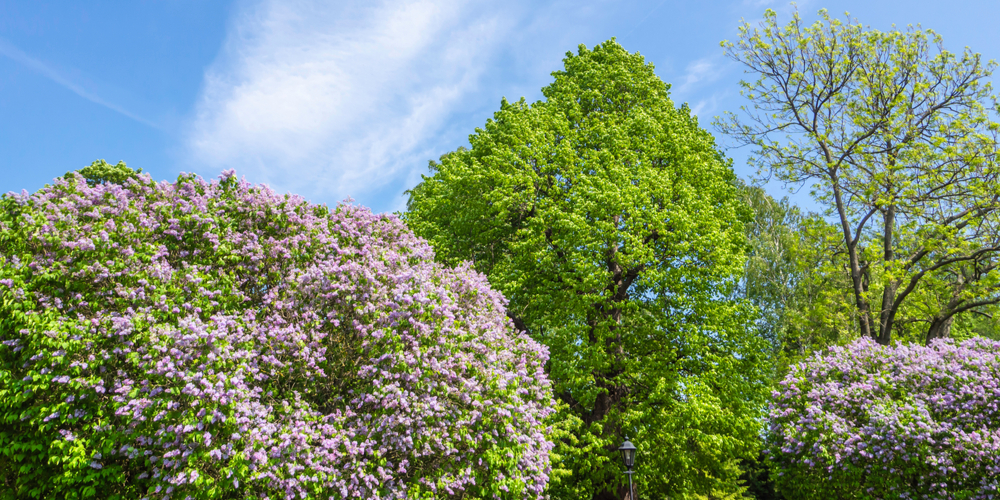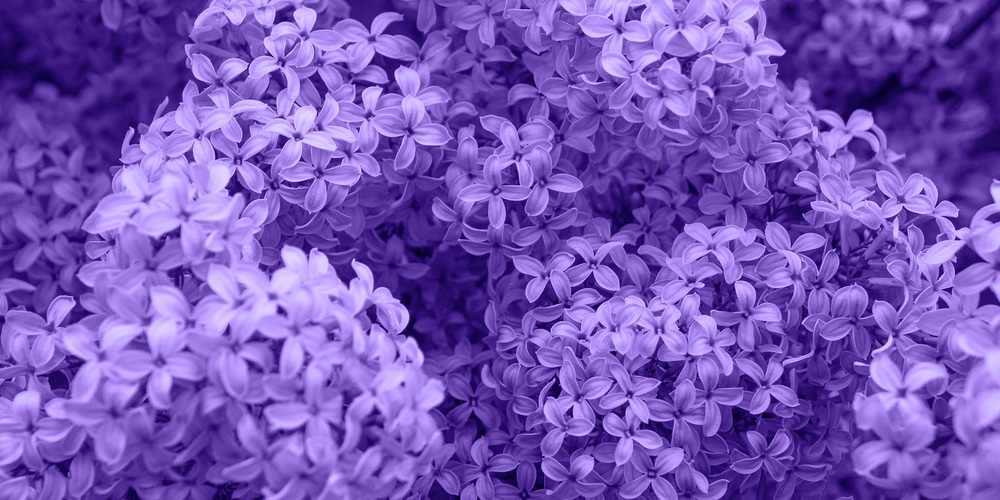Lilacs are stunning delicate-looking flowering shrubs that are relatively easy to grow. Despite what you may think about these plants, they are not fussy about their conditions. They produce fragrant purple flowers that are an old-time favorite. Unlike other plants, lilacs don’t need lots of fertilizer to bloom. This article will answer the question, ‘Is Epsom Salt Good For Lilacs?’
Quick Answer:
In general, Epsom salts are excellent natural fertilizers for both lilacs and tomatoes.
Lilac Fertilizer Requirements
The plant requires little maintenance and is suitable for gardens that don’t have much time to spend keeping their yards, but sill like the idea of having a lush yard. However, feeding them with additional nutrients will improve the blooming production and color brightness.
You may have to be patient with lilacs: it can take several years for these plants to mature to the point of producing flowers. Plus, they might be susceptible to stress resulting from frequent transplanting or vigorous pruning. For best results, you must place your lilacs under suitable sunlight.
These flowers love direct light and only thrive with at least a couple of hours of it during the day. Yes, they will also survive in partial shade, but flower production will be much more satisfying with plenty of hours of sunlight. After all, all plants need the sun to initiate photosynthesis, through which they grow (and bloom).
You could use a general fertilizer to boost flower production, but if you know something about gardening, you might have heard that some people like to use Epsom salts. That is because lilacs don’t like acidic soils. The salt is supposed to help reach the optimal conditions for their growth. But is Epsom salt good for lilacs? Read on to find out. In this essential guide, you’ll find everything you must know about fertilizing your plants to get the best blooms!
Is Epsom Salt Good for Lilacs?
Epsom salt isn’t the same substance you use for cooking and flavoring your dishes. Instead, it consists of crystals of magnesium sulfate that are useful at providing valuable nutrients to your plants. It is an organic fertilizer that won’t damage your plants. In general, Epsom salts are excellent natural fertilizers for both lilacs and tomatoes.
So, to answer the question: yes, Epsom salt is good for lilacs. But be mindful: as with most things in life, too much of a good thing can be counter-productive in the long run. Try not to overdo it and follow our recommendations for the best results.
Add about one cup of Epsom salts to the soil around your plants to make them grow bushier and produce more flowers. To get more blooms by the time spring arrives, use them during the winter when your plants are dormant. Sprinkle the salts evenly and work them into the soil with your hands (or with a rake).
If you are using a store-bought fertilizer, make sure it is low in nitrogen but high in phosphorous. Otherwise, your plant will grow lush but won’t flower as much. Too much nitrogen will push your lilacs to develop leaves but no blooms.
Caring Tips
Lilacs grow best in mild climates, where summers aren’t too hot. If you live in hardiness zones between 4 and 7, you can successfully plant these flowers, provided that you meet their basic requirements to thrive.
Soil
Lilac bushes do best in well-draining soil. Add some mulch around their base to retain water moisture and improve the nutrient content. We recommend you plant your lilacs in a slightly elevated location for even better results.
Spacing
Select a place that will accommodate their growth: if planting more than one lilac, space them at least five feet apart to avoid overcrowding. That also applies if you are using lilacs as hedges.
Water
After planting your shrubs, ensure you provide them with regular water for at least the first couple of weeks. Once established, your plant won’t require as much water. Avoid over-watering.
Pruning
Lilacs require regular pruning to maintain an attractive shape and improve health. Do so in the winter to allow your shrubs enough time to recover before temperatures rise in the spring and summer. Pruning will also ensure adequate airflow and prevent the chance of diseases such as mildew, which frequently attack these plants. Remove dead or damaged branches to keep your shrub healthy. Also, keep an eye out for root suckers: eliminate them as soon as you see them.
Related Article: Does Epsom Salt Kill Grass?


